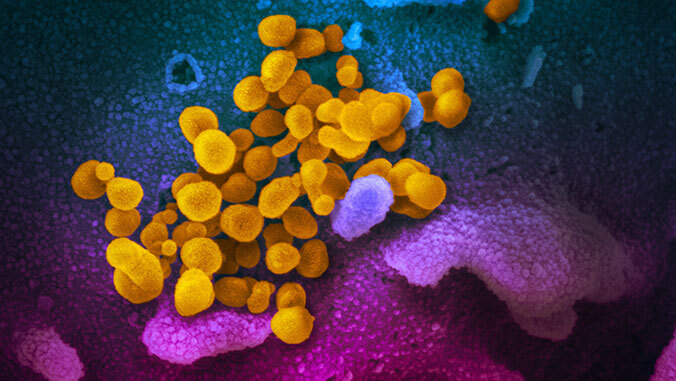
Researchers at the University of Hawaiʻi at Mānoa John A. Burns School of Medicine (JABSOM) opened the first clinical trial in Hawaiʻi aimed at finding an effective treatment for patients with COVID-19. The study seeks 40 symptomatic individuals recently diagnosed with COVID-19 to participate in the 21-day study. Participants will be placed on either a placebo (sugar pill) or telmisartan, a medication commonly used for blood pressure control.
“We will test the hypothesis that much of the dangerous lung and heart effects of COVID-19 is caused by the virus’ ability to dysregulate the delicate balance in a hormone system in our body called the renin angiotensin system,” said Cecilia Shikuma, professor of medicine at JABSOM and lead investigator for this study. “Telmisartan lowers blood pressure by blocking the harmful effects of this hormone system, and we hope to find preliminary evidence that taking the drug will also prevent much of the harmful effects of the virus.”
The study, named “H051 Randomized, Double-Blind, Placebo-Controlled, Pilot Clinical Trial of the Safety and Efficacy of Telmisartan for the Mitigation of Pulmonary and Cardiac Complications in COVID-19 Patients,” received UH Institutional Review Board approval to proceed.
Shikuma adds, “It is an advantage that telmisartan is already FDA-approved and many of the safety concerns of this drug are already known.”
Study requirements
“Prospective patients for the study need to be adults who are symptomatic and have been recently diagnosed with COVID-19,” said Cris Milne, the research nurse for the study. Medications will be given for a total of 21 days. The study will draw blood and obtain throat swabs at the study visits. Participants will be asked to monitor their temperature and blood pressures at home.
“We are eager for the general public and the medical community to be aware of this study as soon as possible,” said Milne.
For more information on the study, contact Milne at (808) 692-1335 or email cmilne@hawaii.edu

